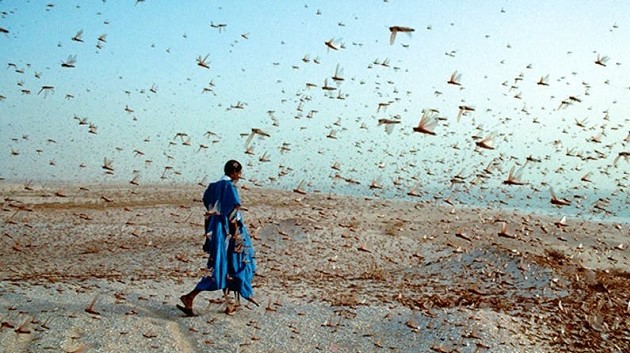The European Commission on Thursday, February 27, 2020 announced €10 million more for response to what is beleived to be one of the worst Desert Locust outbreaks in East Africa in decades.

The outbreak could have devastating consequences on food security in an already vulnerable region where 27.5 million people suffer from severe food insecurity and no less than 35 million more are at risk.
Commissioner for International Partnerships, Jutta Urpilainen, stressed that the crisis showed, once again, how fragile food systems could be when facing threats.
“The EU’s approach, in line with the Green Deal, puts sustainability at its heart.
“We must enhance the capacity to collectively respond to these threats and we also have a responsibility to step in now with resolve to avoid a major crisis, tackle the root causes of this natural disaster, and protect livelihoods and food production,” Urpilainen said.
The UN’s Food and Agriculture Organisation (FAO) has formulated a response plan, however country interventions must be rapidly scaled-up to support national governments of the affected countries.
A narrow window of opportunity exists now to contain this disastrous outbreak and protect the livelihoods of millions of vulnerable people across East Africa and beyond.
The EU response, working alongside partners in the Global Network against Food Crises, has been swift.
Report says the partnership includes the EU, FAO, the World Food Programme and other stakeholders and was created to facilitate sustainable solutions to food crises across the globe.
“The EU’s 10 million Euros contribution announced is in addition to the 1 million Euros already mobilised from humanitarian funds.
“The EU will follow a joint humanitarian-development approach to tackle the crisis and protect livelihoods,’’ it noted.
